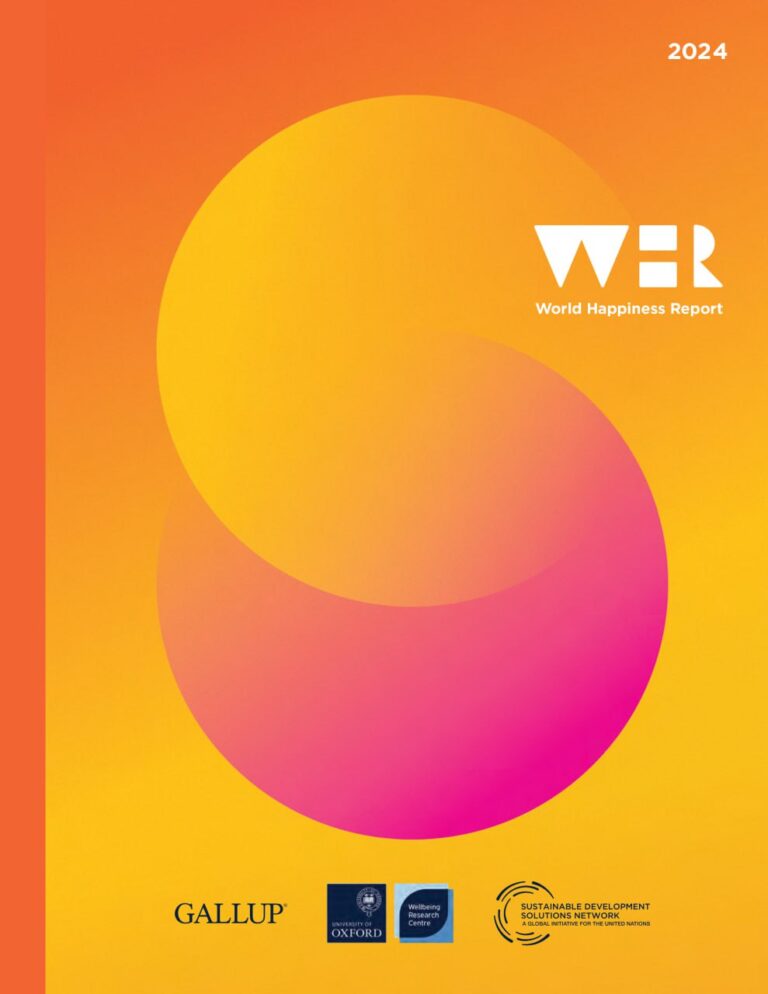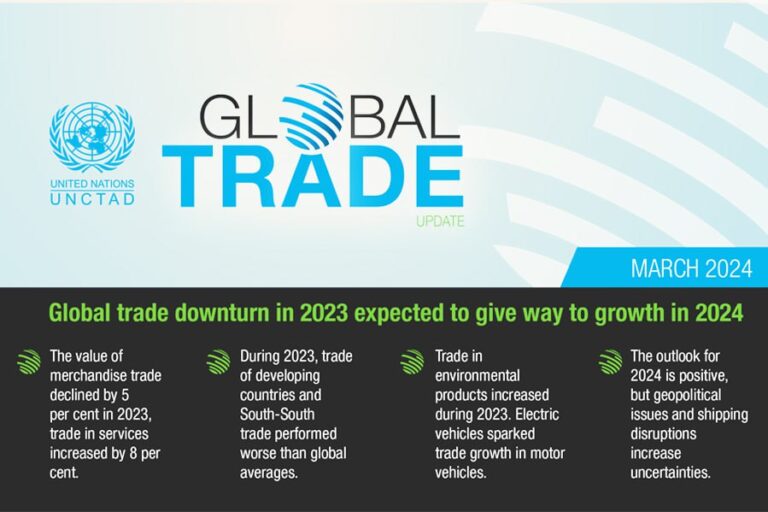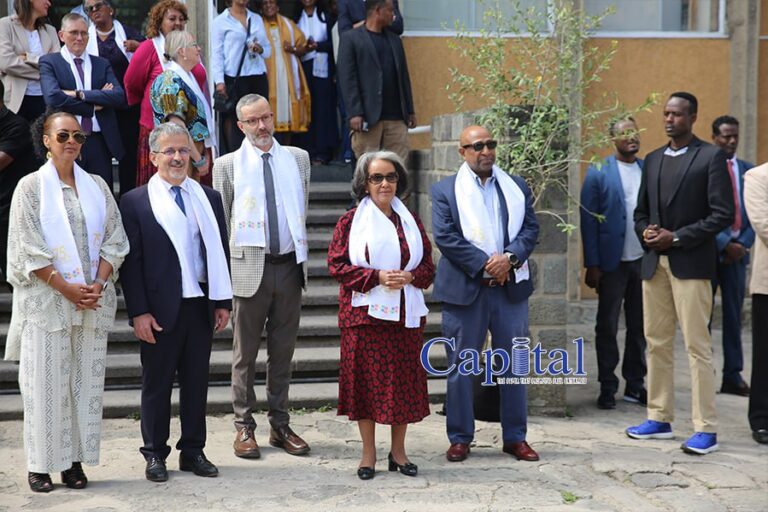Ethiopia has been ranked 130th out of 143 countries in the World Happiness Report 2024. The report, which examines the happiness levels and well-being of nations across the globe, sheds light on the challenges faced by Ethiopia in fostering a happier society.
According to the report, Ethiopia’s ranking reflects the overall level of happiness and life satisfaction experienced by its citizens.
Factors contributing to Ethiopia’s ranking include social, economic, and political challenges that have affected the population’s happiness levels. Issues such as poverty, unemployment, limited access to quality healthcare and education, as well as political instability, have impacted the overall well-being of Ethiopians.
The report emphasizes the importance of addressing these challenges and implementing measures to improve the happiness and well-being of citizens. It highlights the need for comprehensive strategies that focus on sustainable development, social support systems, and inclusive policies.
Finland for the seventh consecutive time leads the as the happiest country in the world.
Ethiopia’s government, in collaboration with international organizations and stakeholders, is urged to prioritize the well-being of its people and take concrete steps to address the underlying issues contributing to lower happiness levels. This includes investing in education and healthcare infrastructure, promoting social cohesion, and creating opportunities for economic growth and employment.
Initiatives aimed at enhancing mental health support and social services, particularly in vulnerable communities, are also crucial. By prioritizing the overall well-being of its citizens, Ethiopia can work towards creating a more inclusive and happier society.
The World Happiness Report serves as a valuable tool for policymakers, researchers, and organizations to understand the factors influencing happiness and well-being globally. It provides an opportunity for countries like Ethiopia to identify areas of improvement and implement evidence-based strategies to enhance the quality of life for their citizens.
While Ethiopia’s current ranking in the report may present challenges, it also represents an opportunity for positive change. By recognizing the importance of well-being and prioritizing the happiness of its people, Ethiopia can take significant steps towards improving its ranking and creating a brighter future for its citizens.
Finland has remained the happiest country in the world for the seventh year a row with nordic neighbors Sweden, Denmark and Iceland also retaining their places in the top 10, according to the annual World Happiness Report published on Wednesday.
But rising unhapiness especially among young people has seen other Western countries drop down the UN-sponsored index, with the United States and Germany dropping out of the top 20 for the first time since the report’s first edition more than a decade ago.
Taking their place were Costa Rica and Kuwait at 12 and 13 respectively, while Eastern European countries Serbia, Bulgaria and Latvia reported the biggest increases in happiness.
Afghanistan, plagued by a humanitarian catastrophe since the Taliban regained control in 2020, remained in last place.








